Getting the most from the important first step of checking references
The vast majority of professional home builders are happy to provide prospective clients with a list of individuals for whom they have recently built homes and will typically encourage you to call these references to confirm the homeowner's experience and level of satisfaction with the builder.
References may also include financial partners, trade contractors, materials suppliers and other colleagues who can provide perspective on the builder's professionalism and track record of performance.
These references can be a valuable source of information and confidence building for the prospective client.
Homeowners who fail to check their builder's references do themselves a disservice. After all, a reference check is an easy way to avoid trouble and an important confirmation that hiring a particular company is a good choice.
Reference Call Etiquette
Like you, a custom homebuilder's past clients are highly successful people who lead busy and productive lives. When calling a reference, please remember to be direct and respectful of their time. Let them know who you are and the purpose of your call and ask permission to speak to them at this time.
Consider the following questions as a starting point for learning about your builder:
- What type of home was built?
- Was the home finished on time and on budget?
- Would they recommend the builder to others?
Additional questions can include:
- Is the company organized? Do they have workable systems in place to improve the flow of communication and production?
- Does the company keep deadlines and schedules? Small things, like being on time for meetings, can strongly influence homeowner satisfaction.
- Do they deliver on their promises? Was the home finished as expected? This reflects the builder's skill at writing detailed specs and setting realistic expectations.
- Were the builders and their team pleasant to work with? Any construction project is a team effort and the best contractors have good working relationships with everyone, including architects, interior designers, subcontractors and other professionals.
Finally, you could ask if there is anything else they would want you to know or that they would like to share. Often this question will prompt a little more depth and detail that may just be the determining factor in your decision-making process.
Always be sure to thank the builder's reference for their time and information.
If you do uncover a concern, don't jump to conclusions. Due diligence will insist that you also get the builder's side of the story. For instance, if the home went over budget, a follow-up conversation might reveal that the homeowners made several costly changes after things were underway. These types of follow-up conversations set the stage for honest communication.
Any reluctance on the part of the builder to provide references is a red flag. A forthcoming attitude is a good sign that the builder values transparency and is secure in his or her reputation.
Checking references is an important first step in deciding on a builder for your new home and one that should not be neglected.
